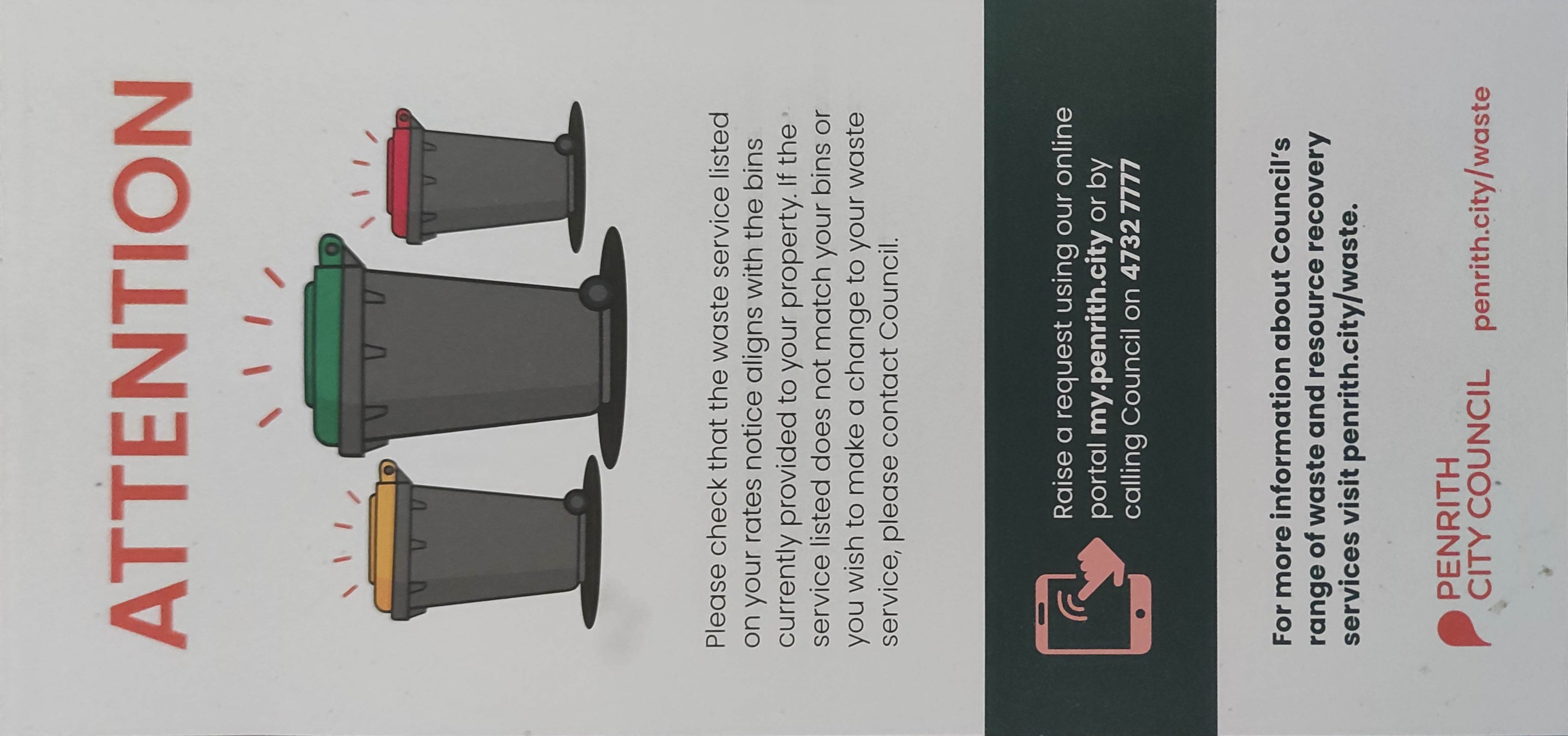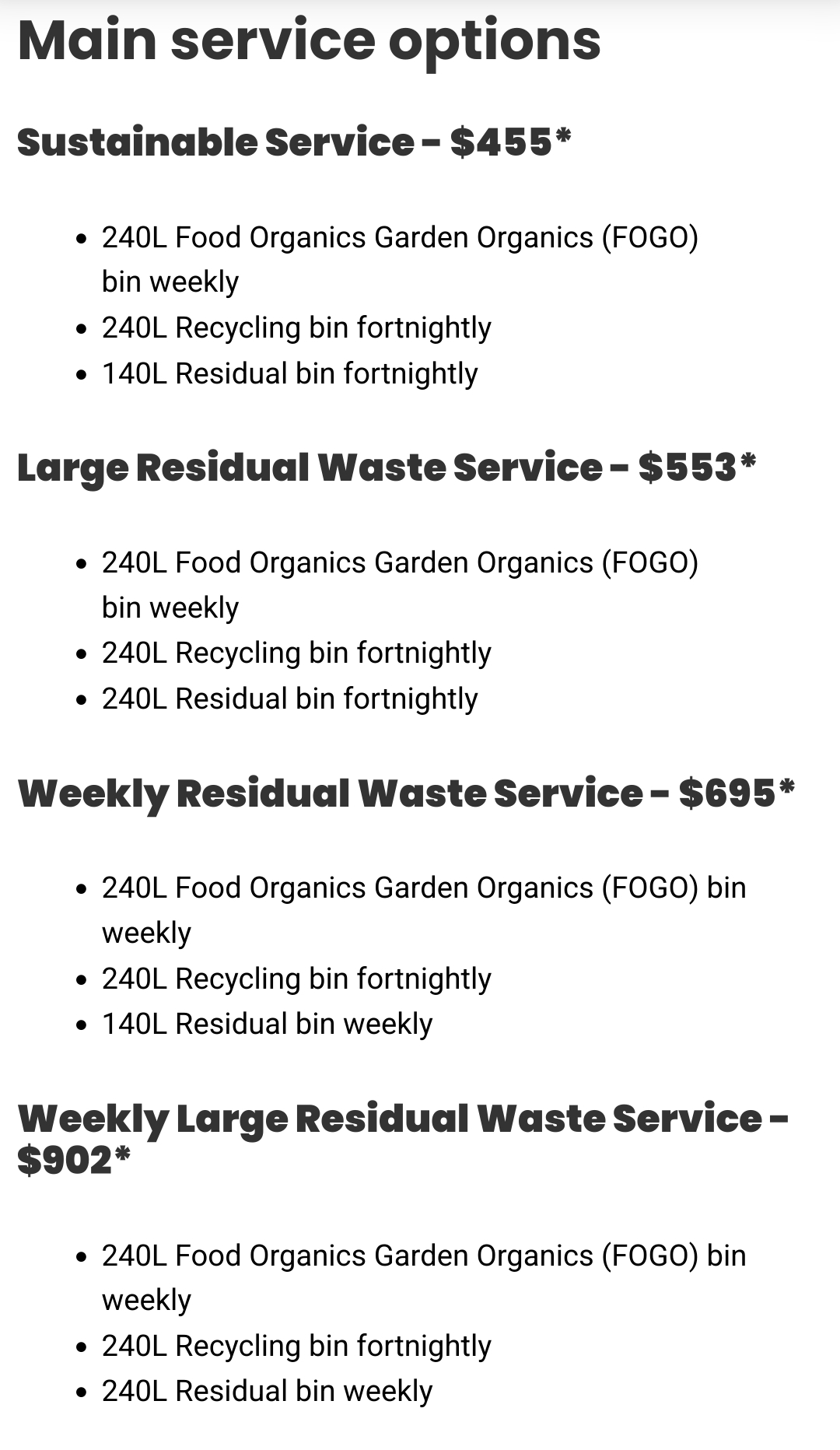Australia
4452 readers
147 users here now
A place to discuss Australia and important Australian issues.
Before you post:
If you're posting anything related to:
- The Environment, post it to Aussie Environment
- Politics, post it to Australian Politics
- World News/Events, post it to World News
- A question to Australians (from outside) post it to Ask an Australian
If you're posting Australian News (not opinion or discussion pieces) post it to Australian News
Rules
This community is run under the rules of aussie.zone. In addition to those rules:
- When posting news articles use the source headline and place your commentary in a separate comment
Banner Photo
Congratulations to @Tau@aussie.zone who had the most upvoted submission to our banner photo competition
Recommended and Related Communities
Be sure to check out and subscribe to our related communities on aussie.zone:
- Australian News
- World News (from an Australian Perspective)
- Australian Politics
- Aussie Environment
- Ask an Australian
- AusFinance
- Pictures
- AusLegal
- Aussie Frugal Living
- Cars (Australia)
- Coffee
- Chat
- Aussie Zone Meta
- bapcsalesaustralia
- Food Australia
- Aussie Memes
Plus other communities for sport and major cities.
https://aussie.zone/communities
Moderation
Since Kbin doesn't show Lemmy Moderators, I'll list them here. Also note that Kbin does not distinguish moderator comments.
Additionally, we have our instance admins: @lodion@aussie.zone and @Nath@aussie.zone
founded 2 years ago
MODERATORS
2026
2027
2028
2029
2030
2031
2032
2033
71
Coalition attacks rooftop solar inverters in new scare campaign against renewables
(reneweconomy.com.au)
2034
2035
56
Safety vests and helmets make cyclists look ‘less human’ to other road users
(theconversation.com)
2036
40
Labor to give casuals new rights to full-time employment in move to improve job security
(www.theguardian.com)
2037
71
Australian public school funding falls behind private schools as states fail to meet targets
(www.theguardian.com)
2038
2039
15
Tensions emerge between state and federal governments over Australia’s energy grid roadmap
(www.theguardian.com)
2040
128
Gas lobby forced to pull ad for misleading viewers over “50 pct cleaner” claims
(reneweconomy.com.au)
2041
2042
2043
33
Man charged for alleged harassment of Yumi Stynes, who has received threats over sex education book
(www.theguardian.com)
2044
2045
2046
2047
2048
29
The yes pamphlet: campaign’s voice to parliament referendum essay – annotated and factchecked
(www.theguardian.com)
2049
2050
16
Everything you need to know about watching the FIFA Women's World Cup in Australia
(www.timeout.com)


